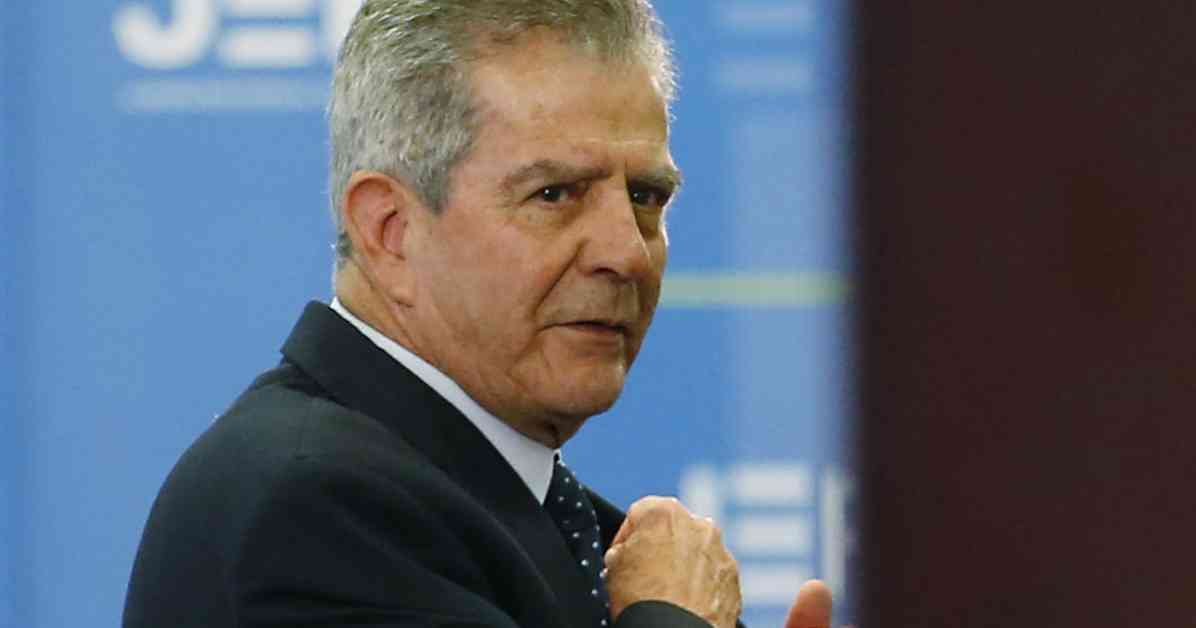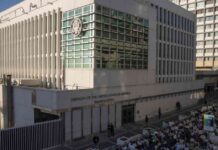The United States has placed sanctions on former Colombian general Mario Montoya for his involvement in the extrajudicial killing of civilians, which were falsely reported as combat deaths. This ban not only affects Montoya but also extends to his family, preventing them from traveling to the U.S. Montoya, who was a commanding officer in the Colombian army and had close ties to former president Alvaro Uribe, is facing charges of crimes against humanity for the deaths of 130 civilians who were inaccurately reported as casualties in clashes with guerrilla forces.
The U.S. State Department expressed its support for the 2016 peace accord between the Colombian government and the Revolutionary Armed Forces of Colombia (FARC), leading to a reduction in violence in the region. However, despite this agreement, Colombia has seen a resurgence of conflict in recent years, with dissident FARC rebels, the National Liberation Army (ELN), and drug cartels contributing to the violence. The U.S. remains committed to promoting lasting peace in Colombia while acknowledging the needs of victims and survivors.
Colombia has been grappling with a rise in guerrilla activities, including the use of drones for attacks. A tragic incident earlier this year saw a 10-year-old boy losing his life in a drone attack targeting soldiers in El Plateado. These drones, which are becoming increasingly common among guerrilla groups, pose a new threat to security forces and civilians alike. The Colombian army has reported numerous drone attacks in recent months, highlighting the evolving tactics employed by armed groups in the region.
In addition to the challenges posed by insurgent groups, Colombia continues to combat drug trafficking organizations that fuel violence and instability. The country’s strategic location and diverse terrain make it a hub for illicit drug production and trafficking, attracting criminal organizations seeking to exploit these conditions. The government has been working to dismantle these networks and strengthen law enforcement efforts to curb the flow of illegal drugs.
Despite these challenges, Colombia remains resilient in its pursuit of peace and stability. The international community, including the United States, plays a crucial role in supporting Colombia’s efforts to address the root causes of conflict and promote reconciliation among its people. By addressing issues of impunity, human rights violations, and socioeconomic disparities, Colombia can move closer towards a future of peace and prosperity for all its citizens.









